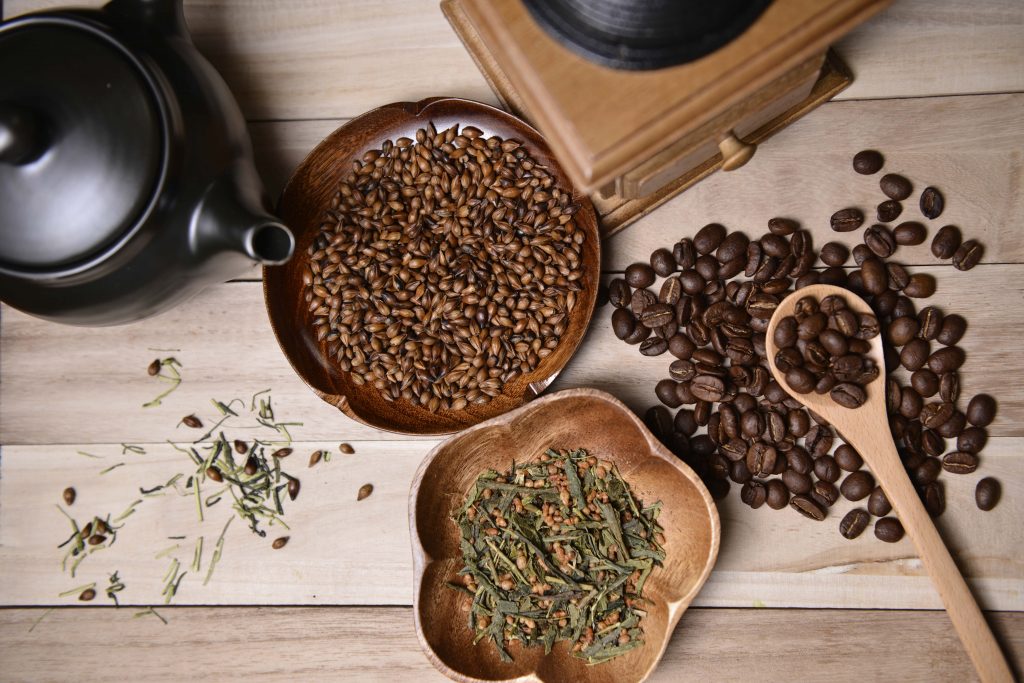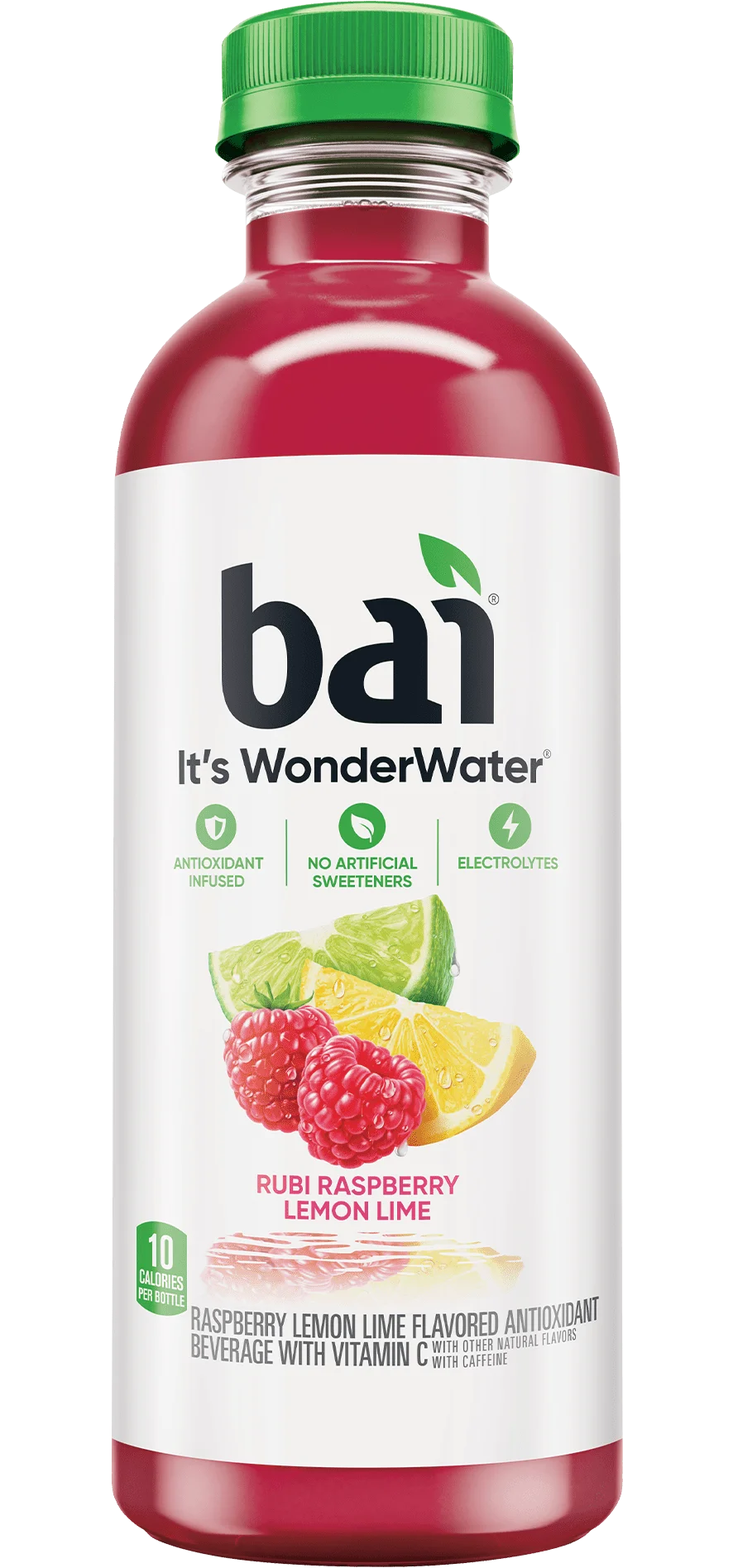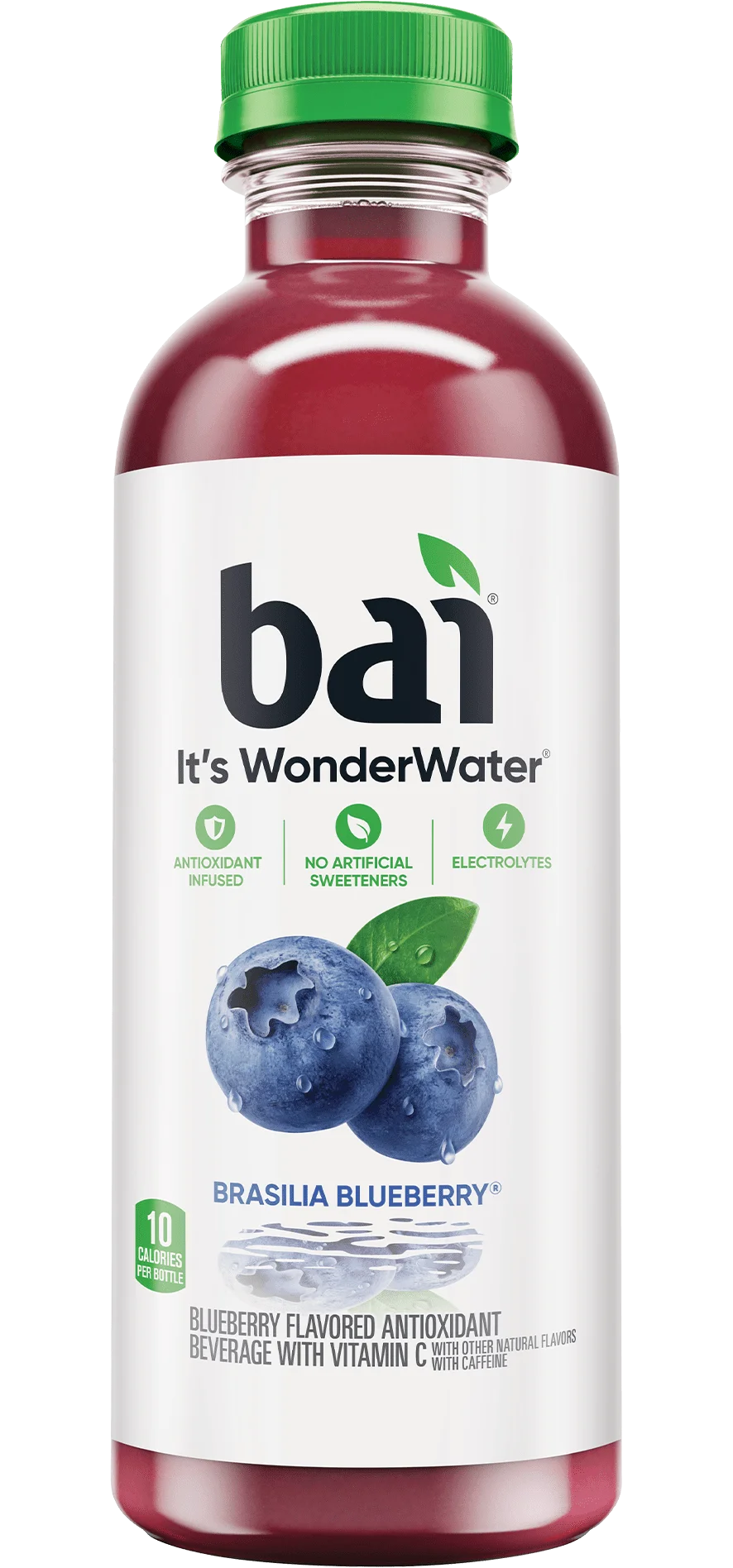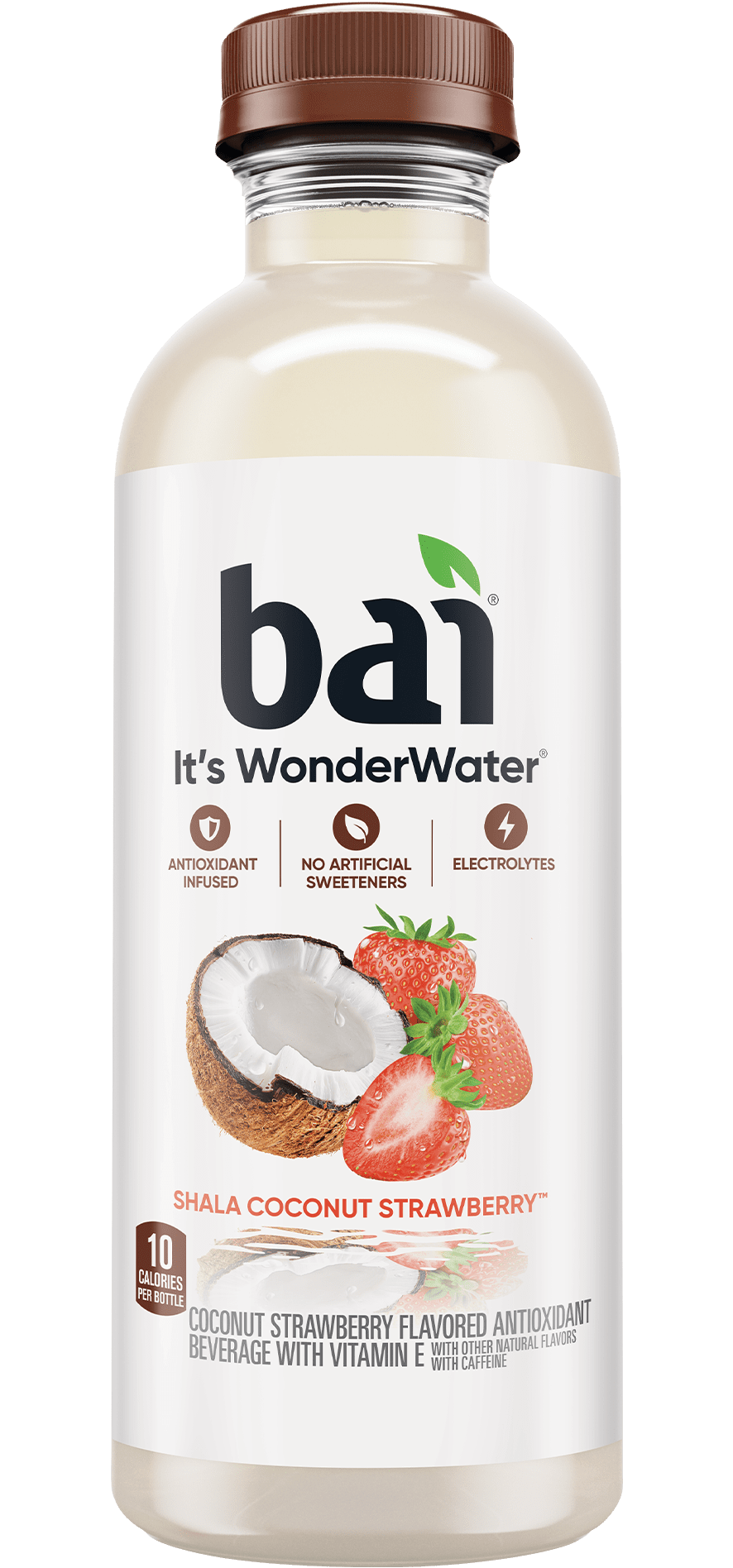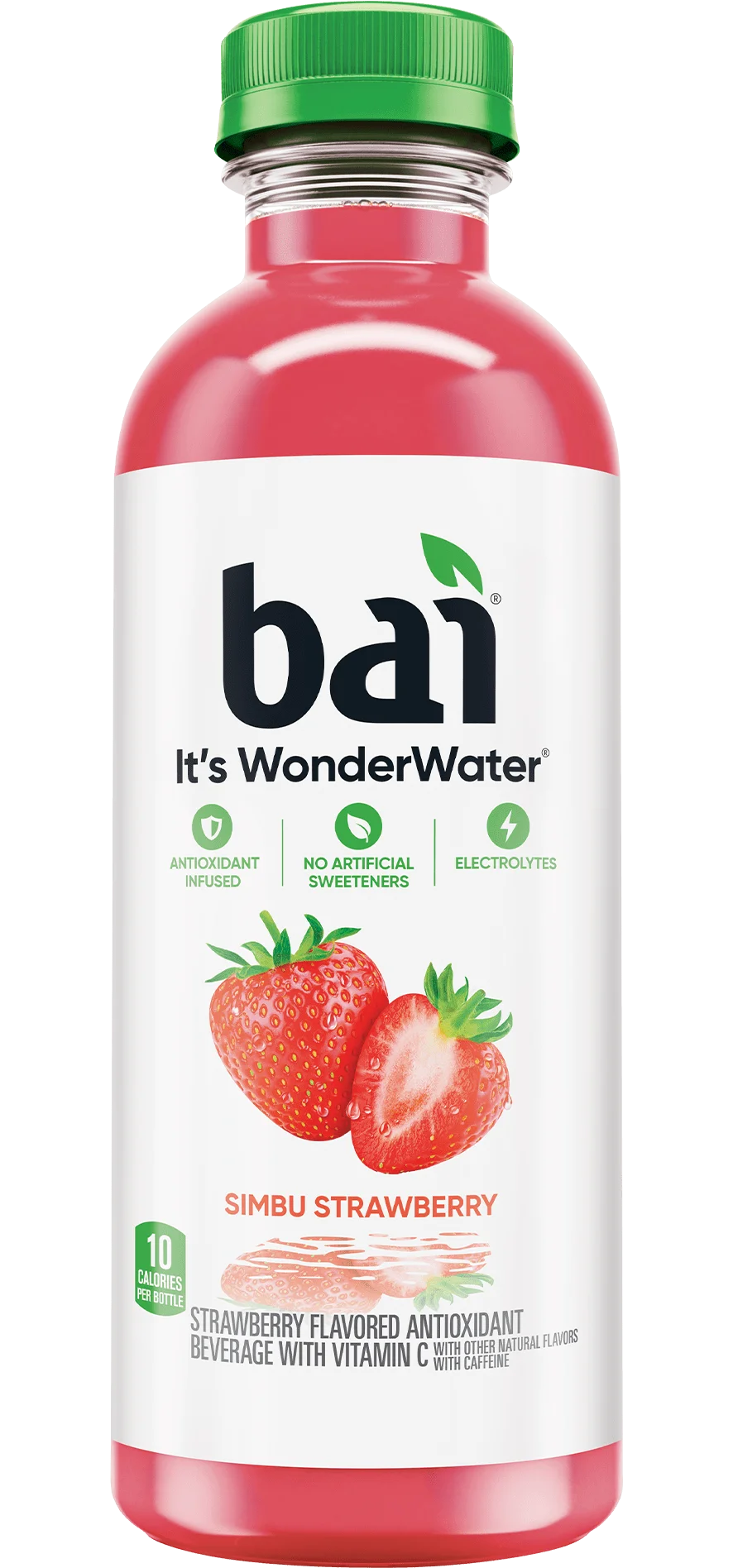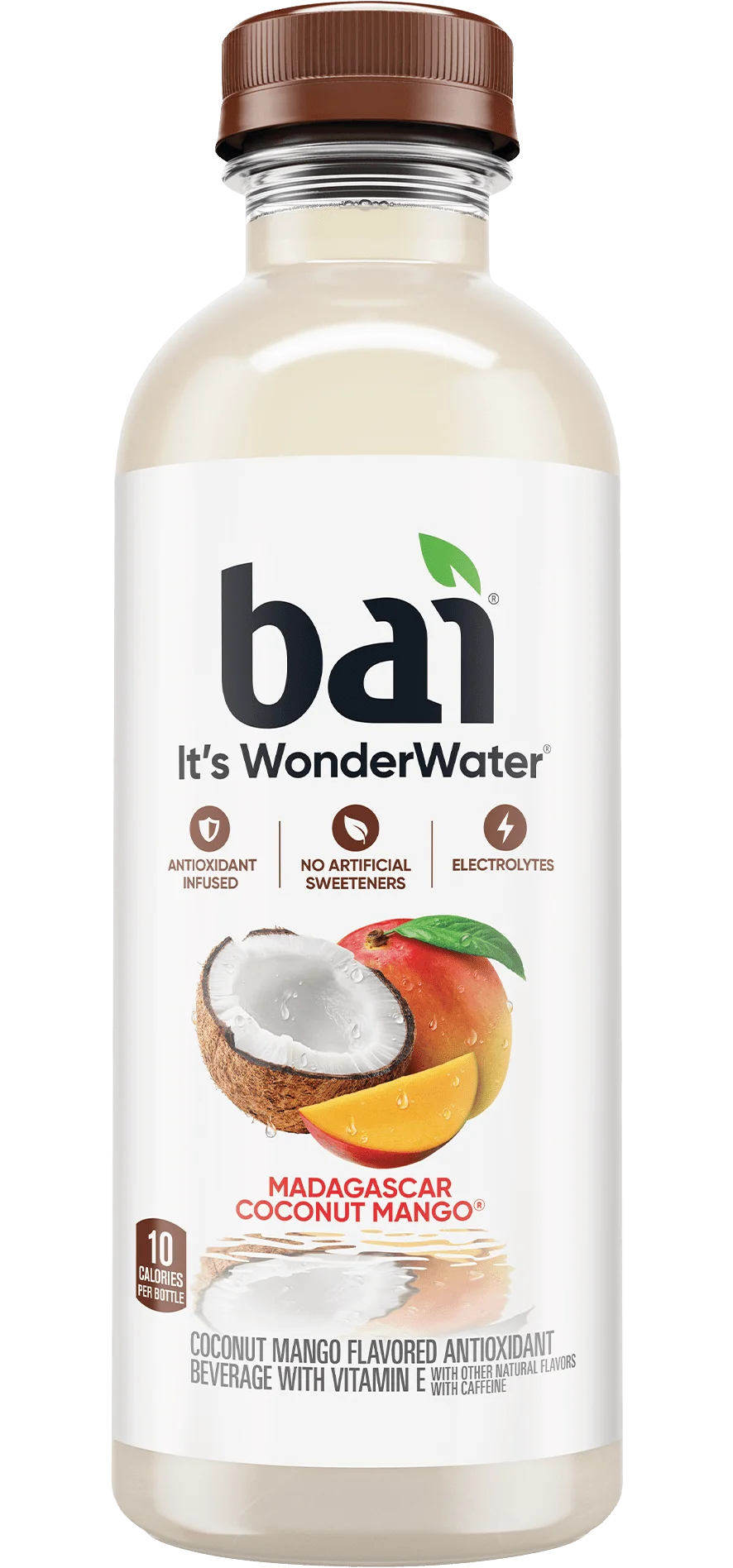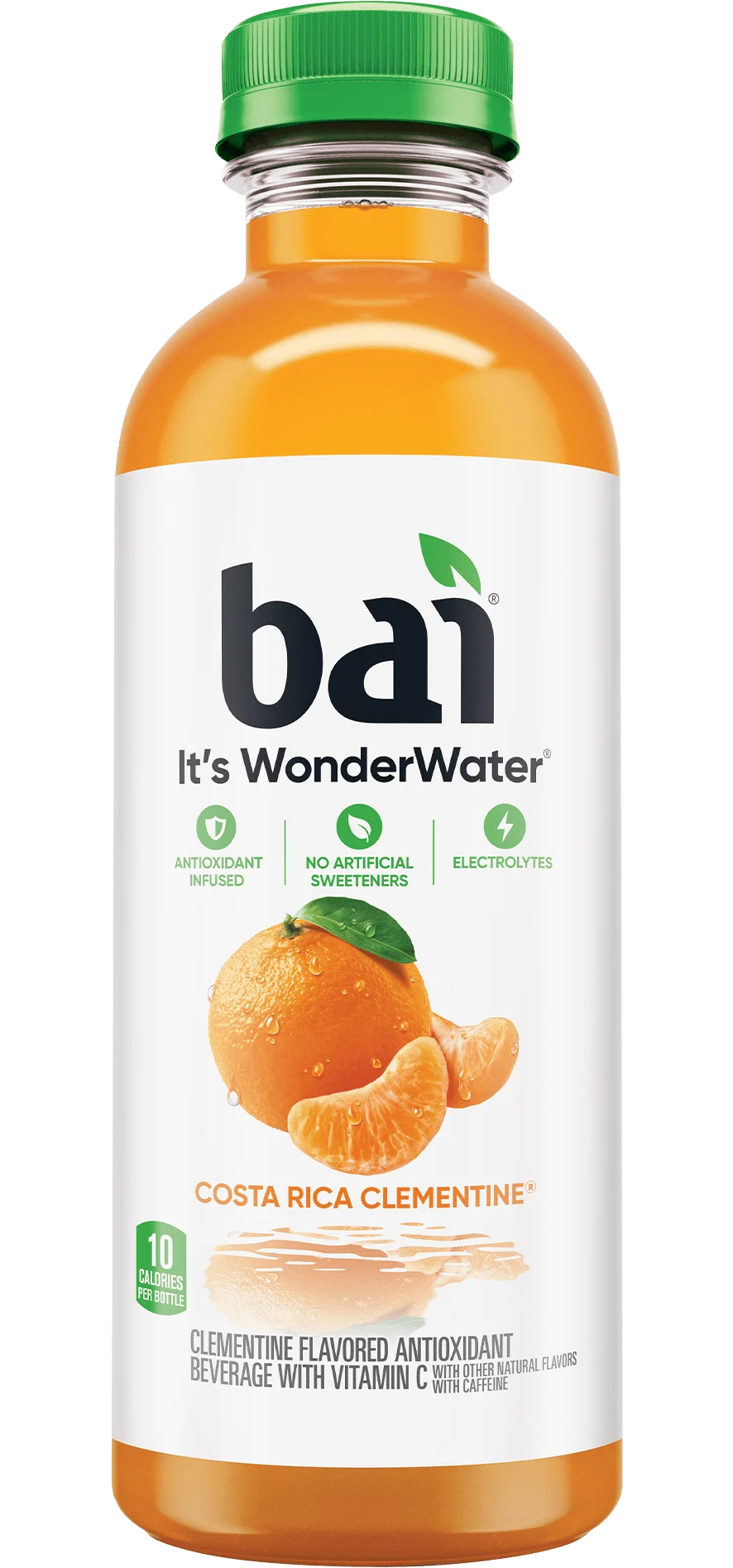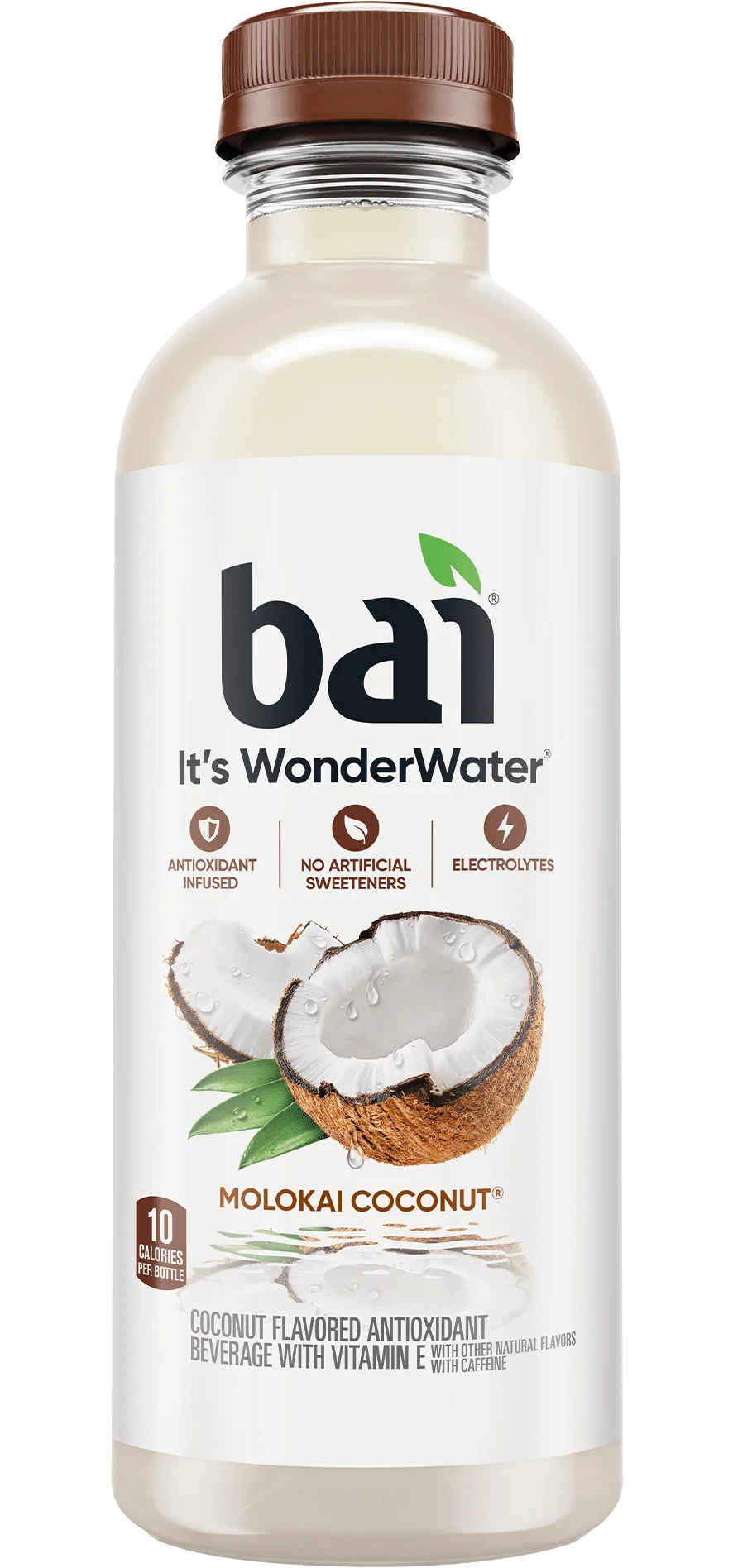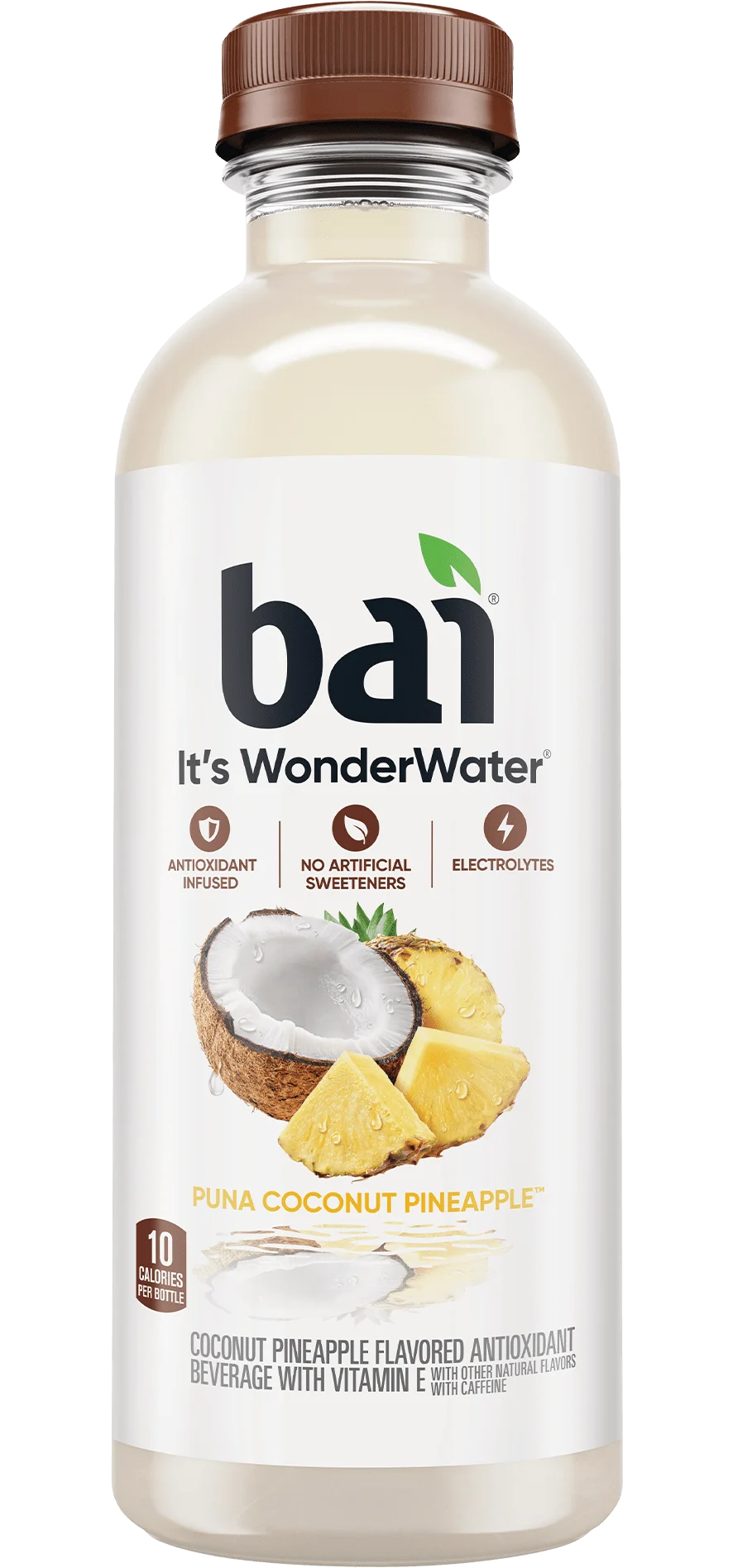Are you a coffee person or a tea person? Hey, maybe you’re a bit of both. Maybe you like coffee in the morning and a hot cup of tea in the evening. Although you may have a personal preference, one might be healthier than the other.
Coffee: The Drink, The Myth, The Legend
Coffee was originated in Ethiopia in the 800s. One Ethiopian legend sites how a goat herder named Kaldi discovered that his goats were acting especially playful and when he tracked down the source of their energy, it turned out to be coffee beans. There are several types of coffee. Some of the most common forms are decaffeinated, regular and espresso. You can brew coffee or also opt for the instant form of it. You may make coffee from Arabica beans or Robusta beans, which are the two most popular. Much of the coffee on the market today comes from Arabica beans. They tend to have a smoother flavor that’s more consistent and grow in various places. Robusta beans, on the other hand, are more bitter and acidic, but Kona coffee, grown in Hawaii, is a variety of Robusta beans that most people prefer. The average cup of coffee contains between 80 oz. and 185 oz. of caffeine per cup, depending on the kind of coffee.
Tea: Brewed Since The Dawn Of Time
Tea dates back to 2737 BC, originating in the Yunnan province of China, the state of Assam in India and the northern region of Myanmar. Historically, each region would brew tea based on the available crops. Today you can drink oolong tea, black tea, red tea, yellow tea, white tea and green tea at almost any tea shop around the world, regardless of what is native to the area. Tea is made from the leaves of certain plants and will have different flavors and varying effects. An 8 oz. cup of tea consists of 15 to 70 milligrams of caffeine, which depends on the type of tea and the way it is brewed. For instance, green tea has the least amount of caffeine while black tea has some of the highest level of caffeine.
Which One Is Better?
Tea naturally consists of vitamin E and vitamin C. The polysaccharides and fluorine found in tea (tannin and catechin) have been linked to the prevention of heart disease and cancer. On the other hand, coffee has chlorogenic acid, amino acid, carbohydrates, aldehydes, ketones, esters, trigonelline, mercaptans and amines. The antioxidants found in coffee may be beneficial to your heart and may even help your body to fight disease and to enhance your overall health.
If you’re looking for a jolt of energy, your best option is coffee. Studies have shown, however, that four to five cups of black tea per day don’t have any negative effects on your health, while the amount of coffee per day considered safe to digest is still debated. In all cases you should always consult your physician if you have any health problems that may require you to limit your caffeine intake.
Tea has been determined as being good for your heart since it reduces your cholesterol levels; meanwhile coffee has been linked to increased cholesterol levels. Both coffee and tea are good for digestion. Specifically Asthma patients can benefit from theophylline in coffee since it stimulates muscles of the bronchial tubes. This ingredient in coffee is also used in some over-the-counter migraine medications such as Excedrin and Midol because it constricts the blood vessels in the brain.
Neither coffee nor tea is healthy for you in excess, but both are fine when drank in moderation. The health benefits differ between the two, so only you can determine which one is better for your needs.
Sources
- http://www.ncausa.org/i4a/pages/index.cfm?pageid=68
- http://www.internationaljournalofcardiology.com/article/S0167-5273(08)00849-8/abstract
- http://www.nlm.nih.gov/medlineplus/druginfo/natural/997.html
- http://www.hsph.harvard.edu/nutritionsource/coffee/
- http://www.onemedical.com/blog/newsworthy/10-healthy-reasons-to-drink-coffee-2/

